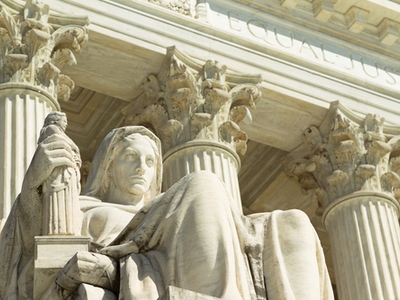
In April 2018, an en banc Ninth Circuit held in Rizo v. Yovino that an employer cannot justify a wage differential between male and female employees under the Equal Pay Act by relying on prior salary. Before the Ninth Circuit published its decision, though, Judge Stephen Reinhardt passed away. On February 25th, the U.S. Supreme Court vacated the Ninth Circuit’s decision, reasoning that the appellate court should not have counted Reinhardt’s vote because he passed away before the decision was issued. Instead, the Ninth Circuit should not have released the opinion.
The late Judge Reinhardt penned the Ninth Circuit decision and reasoned that “[t]o hold otherwise—to allow employers to capitalize on the persistence of the wage gap and perpetuate that gap ad infinitum—would be contrary to the text and history of the Equal Pay Act, and would vitiate the very purpose for which the Act stands.” As a result, the “factor other than sex” defense available under the Equal Pay Act was limited to “legitimate, job-related factors such as a prospective employee’s experience, educational background, ability, or prior job performance.”
In vacating the Reinhardt opinion, the Supreme Court cited 28 U.S.C. § 46(c), which gives appellate courts authority to hear cases en banc and provides that the panel “shall consist of all circuit judges in regular active service.” The Court explained that without Judge Reinhardt’s vote, his opinion would have been approved only by 5 of the other 10 members of the panel who were still alive when the decision was published. (Although the other five judges also agreed with the final decision, they did so for different reasons.) Therefore, there was no true majority opinion absent Reinhardt’s vote. Allowing the decision to stand, argued the Court, would “effectively allow[] a deceased judge to exercise the judicial power of the United States after his death. But federal judges are appointed for life, not for eternity.”
The Court subsequently remanded the case. In doing so, the Court did not rule on whether the Ninth Circuit’s decision under the Equal Pay Act was correct. The Ninth Circuit’s ruling is still in conflict with rulings from other circuit courts, like the Seventh and Eighth Circuits, that do allow employers to use prior pay as a defense to claims under the Equal Pay Act. As the Rizo case winds its way back down to the lower courts, we will continue to track its developments.

